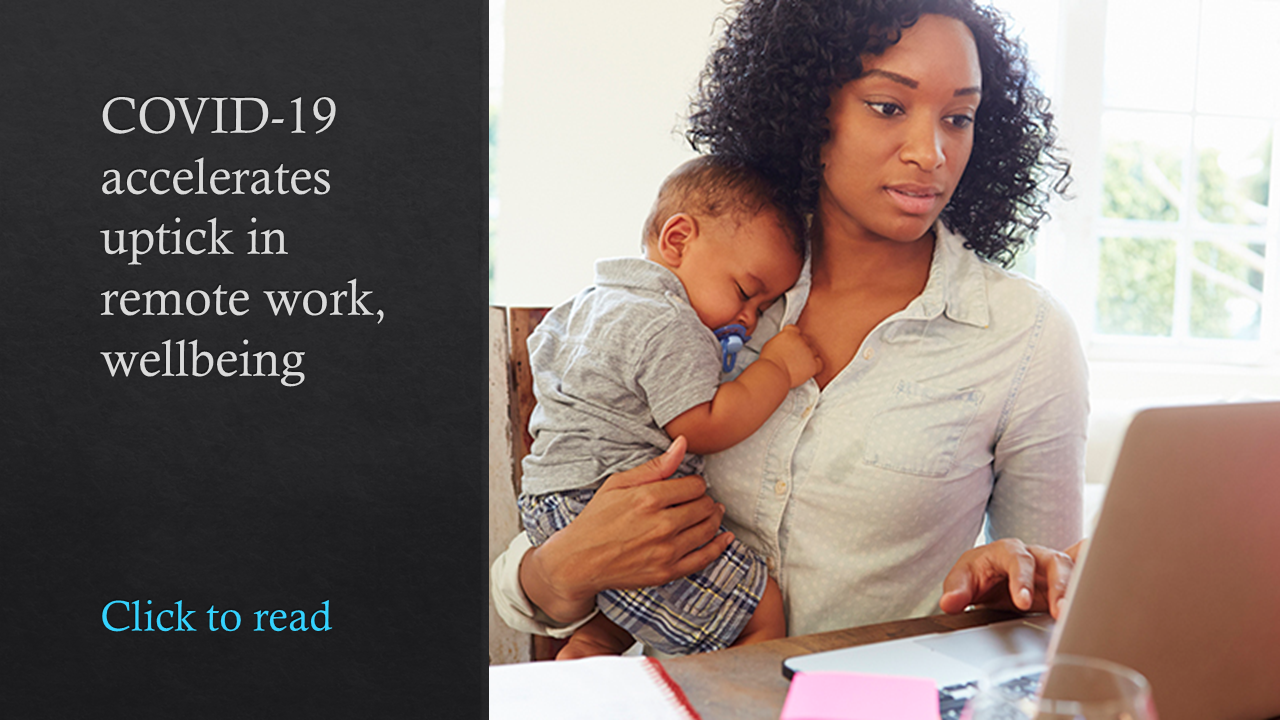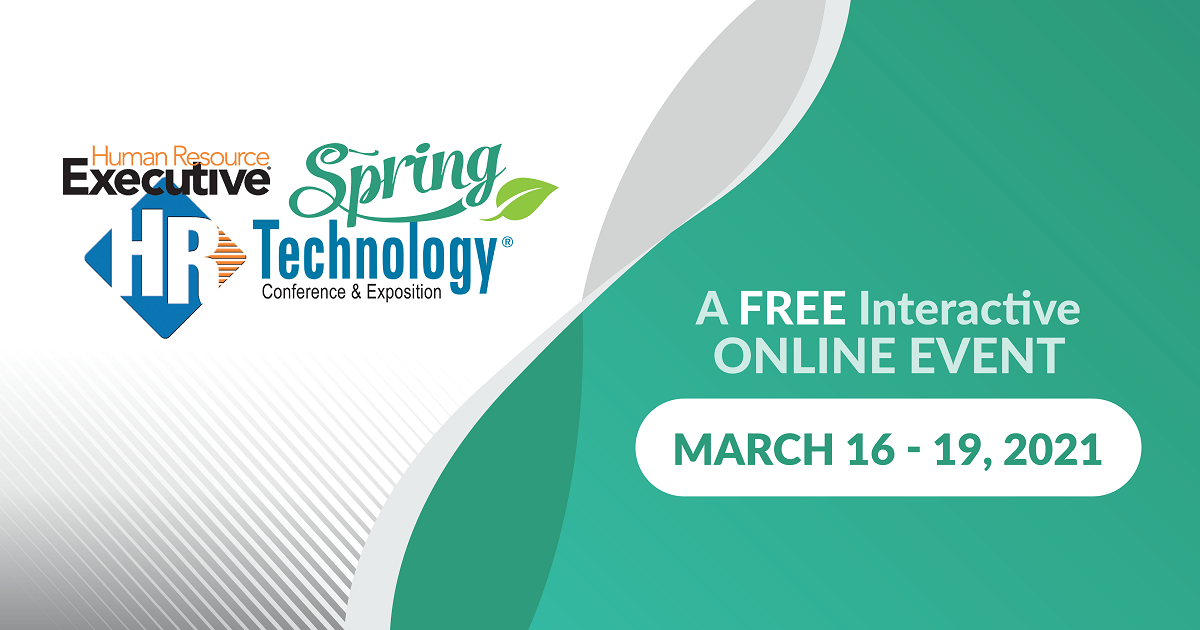When COVID-19 first came into the limelight last year, Jessica Lee, like many people, didn’t think it would be a long-term experience.
“I thought, ‘OK, we’ll pack up, go home, our hotels will have some blips on the radar, then we’ll go back out there and it will be business as usual.’ I thought it was going to be a short experience,” says Marriott’s vice president of global performance and talent advisory.
Now, a year into the pandemic, Marriott and its HR leaders have been working hard to get through the biggest challenge they have faced yet.
“In our 90-plus years of operating, we’ve weathered a significant amount of challenges–9/11 and other world events that slowed operations. But 2020 was something else. It was bigger than anything we’d ever experienced as a company,” Lee said Wednesday at the virtual Spring HR Technology Conference & Exposition. “It’s 2021, and travel hasn’t rebounded. And our CEO passed away in February. It’s been a grueling, grueling year, to say the least, and it’s probably been the hardest in my professional career.”
Travel has, of course, been one of the hardest-hit industries during COVID-19, with many forgoing leisure and business trips, and health officials urging Americans not to partake. Because of that, Marriott had some especially difficult times–and had some equally tough decisions to make.
Marriott had to furlough a number of its employees, which, Lee said, was “one of the most difficult things I ever had to do.”
The lesson from that experience was evident, she said: That transparency and honesty in leadership are key. “We had no clue the pandemic was going to last. What made the difference is being really honest: saying we don’t know the answers and we don’t know what’s going to happen. We had to be very deliberate about how to approach these situations, but it couldn’t be at the cost of not being open and transparent to our teams because that’s what they deserved and that’s what they needed. [We can’t] just be robots delivering the message.”
Click here to sign up for HRE‘s daily newsletters.
Another COVID-19 learning experience was being on the frontlines of what employees were dealing with. As an HR leader, Lee wasn’t always experiencing the same pain points the company’s workers were, and she wasn’t deep in the trenches of their tasks. But when Marriott’s hotels put in place an abundance of health and safety measures, including mask mandates, it opened up a whole new set of challenges for workers. It made things difficult for employees who were used to engaging with guests by smiling, or who had to approach customers to tell them they had to wear their mask.
Lee talked with employees about this challenge, as did company leaders, who had many Zoom meetings to talk about how they could still engage with customers while wearing masks–and how to approach customers who didn’t want to wear a mask, a much trickier situation. “It’s hard to show a smile or read other people,” she said. “How do we do it in a way we feel comfortable and make guests feel comfortable?”
Lee said that experience reminded her to “stay close to the action in order to motivate and support those who are doing it themselves or make better decisions.”
“I probably wasn’t doing that enough before,” she said.
Being there for employees and showing empathy and compassion was also an important lesson Lee learned last year, brought on by the racial and social unrest that took the spotlight in 2020. Although she felt helpless to make a significant impact around the country’s issues, she said she started “really talking and thinking about how we can make an impact where we are”–making sure the company’s hiring practices promoted diversity, for instance, or by encouraging employees and company leaders to bring up issues of race.
“We started reframing the conversation to make things a bit more tangible and less intimidating,” she explained. One thing Lee did was shift a planned webinar for employees about remote work and instead invited a Black employee to speak about her experience with racism and the country’s events. It was empowering for the employee, Lee and the organization at large, she said.
“I can’t control, and I’m not driving, our company strategy when it comes to diversity and inclusion, but what I realized in that moment was I’m not helpless or that I don’t have influence,” Lee said. “What I need to do and try to continue to do is look at what I am in control of, look at my own sphere of influence and continue to use those opportunities to drive change and really lead in a way that’s a bit different than I have in the past.”
Although the events of the past year were difficult, Lee said she has found it rewarding to shift her perspective as a company leader.
“With the workplace changing and becoming more virtual, it becomes more important that we focus on these back-to-basics ideas of caring for people at a very individual, personalized level,” she said. “This past year has tested me, it’s changed me, but all of these experiences collectively have really built me up, given me valuable lessons about how best to lead and really be more thoughtful about the kind of leader I want to be.”
Spring HR Tech runs through March 19–click HERE to register.






